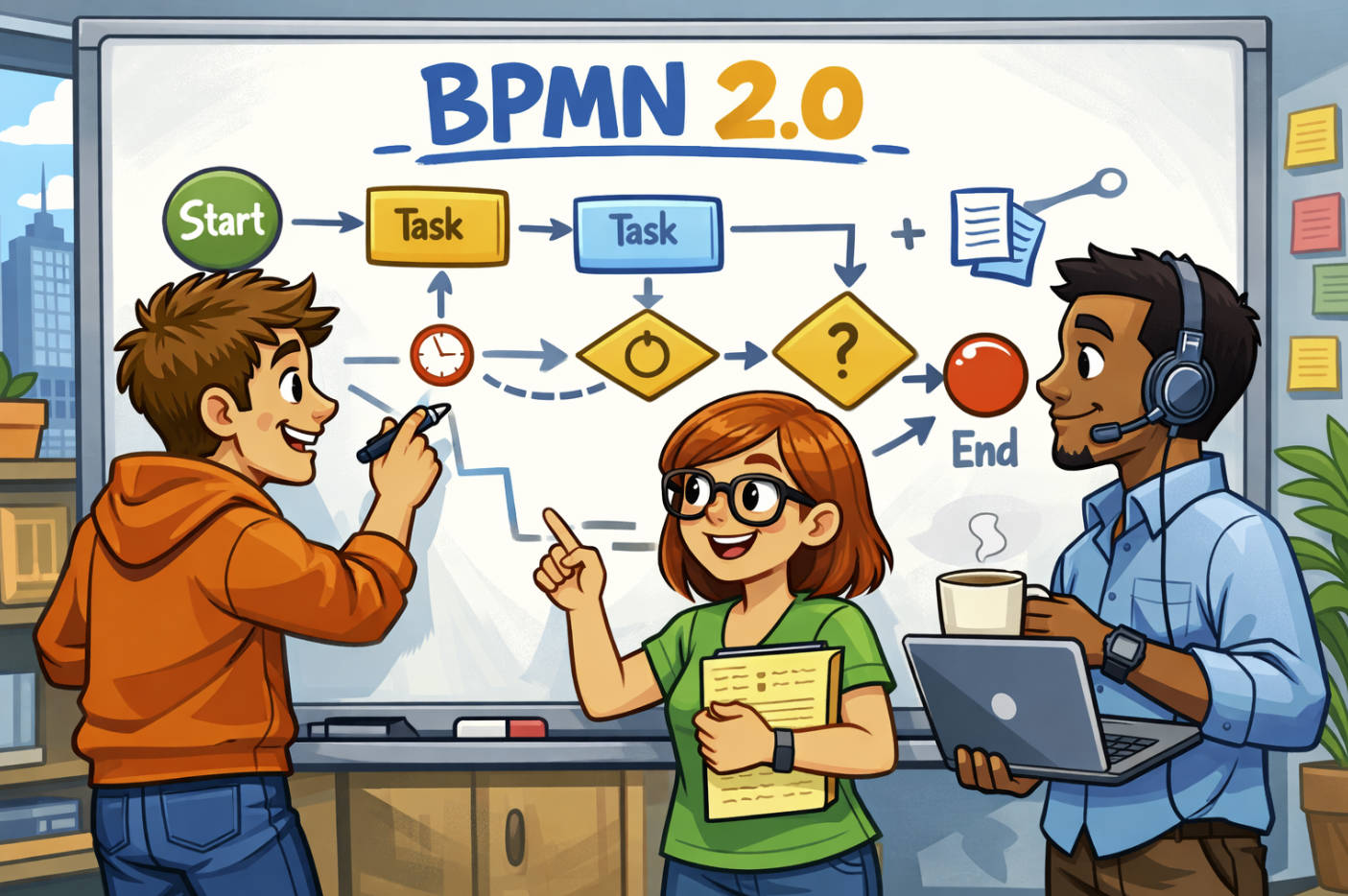A knowledge base doesn’t build itself.
It takes the right mix of technical ability, documentation practice and people skills.
While platforms like Confluence, SharePoint or Notion provide the tools, it’s the skills of the people who manage them that determine success.
Here are the key skills required to create and sustain a knowledge base that people actually use.
📝 Technical Writing and Clarity
Clear writing is at the core of every good knowledge base.
Technical writers and business analysts must translate complex processes into language that is simple and direct.
This means writing in plain English, structuring content consistently and avoiding jargon.
Good writing reduces confusion and builds trust in the knowledge base.
🎤 Stakeholder Engagement and Interviewing
Most knowledge sits in people’s heads.
Capturing it requires interviewing, listening and asking the right questions.
Analysts need empathy and curiosity to make people comfortable sharing their workarounds and lived experience.
Mirroring answers back, pausing and following up with probing questions ensures nothing is missed.
This EQ-driven skill is as important as any technical expertise.
📂 Information Architecture
A knowledge base needs structure.
Information architecture skills ensure content is logically grouped, tagged and easy to navigate.
Whether using spaces, folders or metadata, the goal is the same—make it effortless to find content.
Poor structure leads to frustration, while good design encourages use.
🔍 Search Optimisation
Search is the backbone of a knowledge base.
Metadata, keywords and consistent naming conventions are vital to making search results meaningful.
Skills in tagging and indexing content make sure users can quickly locate the SOP, work instruction or process document they need.
👥 Collaboration and Facilitation
A knowledge base is never a solo effort.
Collaboration skills help bring teams together across IT, operations and leadership.
Facilitation ensures all voices are heard and input is captured.
The ability to manage different personalities and build consensus is critical for both accuracy and adoption.
⚙️ Platform and Tool Knowledge
Understanding how to use tools like Confluence, SharePoint or Notion is essential.
This includes creating templates, managing permissions, setting up workflows and using integrations.
The better you know the platform, the more value you can deliver.
🌱 Continuous Improvement Mindset
A knowledge base is not a one-off project—it’s a living system.
Analysts and documentation owners need to monitor usage, review content and keep it updated.
Skills in version control, review cycles and feedback collection help ensure the knowledge base stays relevant.
🎯 Final Thought
A strong knowledge base relies on a blend of technical writing, interviewing, structuring and collaboration skills.
It’s not just about tools—it’s about people who can translate knowledge into accessible, accurate documentation.
When these skills come together, the knowledge base becomes more than content storage.
It becomes an organisational memory that supports growth, efficiency and resilience.






